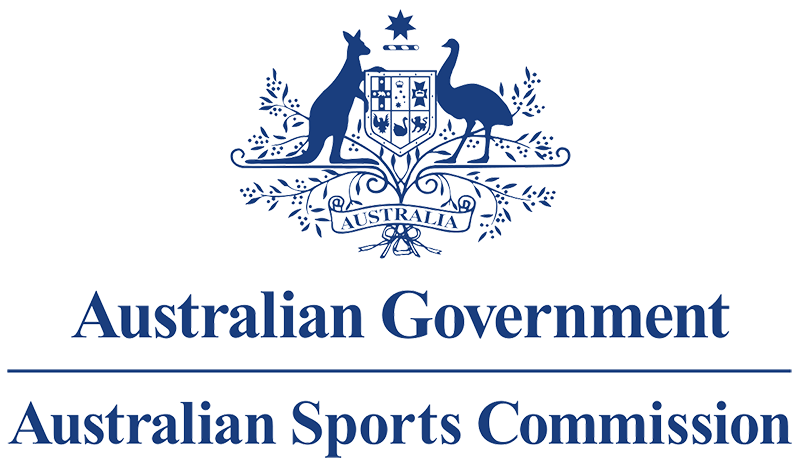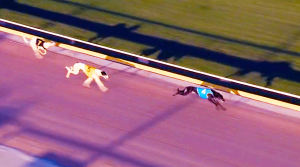 IN a bid to stamp out match fixing and doping in sport, the Australian Sports Commission has released new guidelines on integrity to help professional associations and clubs protect themselves.
IN a bid to stamp out match fixing and doping in sport, the Australian Sports Commission has released new guidelines on integrity to help professional associations and clubs protect themselves.
ASC chairman John Wylie said the guidelines had been developed to help support to directors in discharging their duties.
“In the past three years as Chair of the ASC I’ve received regular feedback from directors – many volunteers – about the challenges of overseeing integrity issues,” Wylie said.
“These new guidelines are a practical form of support, providing sample questions that any director who sits on a sporting board can ask of themselves, their executive team and their sport.
“The guidelines cover a broad range of integrity issues including anti-doping, sport science and medicine, illicit drugs, match-fixing, child protection and member protection.
The ASC operates across the spectrum of sports in the nation, overseeing more than $134 million in government funding, and has identified good governance of these organisation as a key feature in preventing corruption and performance enhancing drug use.
“Invariably when sporting organisations confront problems – whether it be integrity issues or financial management – a lack of good governance has been evident,” he said.
“Modern day sport is a complex environment and the reality is that most board directors are volunteers.
“The ASC considers part of its role is to provide practical assistance to directors and leaders of sport.”
Doping scandals have played havoc across both the NRL and AFL, with the Cronulla Sharks and Essendon Bombers suffering considerably. There have also been prominent match fixing affairs in the NRL and in Victorian Premier League soccer in recent years.
“The integrity risks to sport are increasing in a range of areas, not just in doping and illicit drugs but in match-fixing and areas like that,” Wylie said.
“We wanted to provide practical guidance to directors of sports boards as to what are the questions they should be asking around the board table to maximise the likelihood that they can avoid any problems in integrity in their sport and their clubs.
“The risks are going up and that means the reputational risk to directors is increasing so we felt that there is a very important goal there for the sports commission.
“The integrity of sport is fundamental to spectators’ confidence in the sports and to the long-term success of the sport.”
The ASC’s guidelines advise directors to attend briefings given by their sport’s anti-corruption officials to players and implores them to be vigilant, asking questions relating to sports science and sports medicine, anti-doping, illicit drugs, match-fixing and child protection.
“Frankly a lot of directors on the sports boards don’t know what questions to ask but no one wants to be a director of an organisation where things blow up into an integrity crisis so we’re trying to help them minimise the risks,” Wylie said.
“They should be aware of what the trends are in betting, they should be making sure that their sporting code is working with all the international organisations that monitor sports betting, for example.
“Being fully informed is an essential part of minimising the risk for directors.”
The body’s chief executive officer Simon Hollingsworth said the guidelines would help leaders preserve the integrity of their games.
“Working in collaboration with our partner agencies such as the Australian Sports Anti-Doping Authority (ASADA) and the National Integrity of Sport Unit (NISU), I’m confident that a more focused attention on integrity issues will benefit the sector and enhance the reputation of Australian sport,” Hollingsworth said.
“Laws can be strengthened, sanctions increased or stricter compliance introduced, but the most effective tool in the fight to protect sporting integrity is for every leader to be more proactive in identifying and reducing threats to the integrity of sport.
“Protecting the integrity of sport is an important ethical issue.
“It can have commercial impact too, affecting areas such as sponsorship, membership and participation.
“I encourage sports to use these guidelines for the better protection of your sport, athletes, members, fans and stakeholders.”
Wylie said The ASC was working with ASADA and NISU to provide resources like an online learning suite that poses integrity-based scenarios and also hosting integrity forums for sport directors.
The new directors’ guidelines are not mandatory and not linked to funding of individual sports.
Protect your kids: Gambling games gunning for children
Gambling is meant to be fun, but no one wants their kids involved.
The Adelaide State Government has released a list of some 64 online games that are used to target children.
It’s damning for the industry, but at least now, parents have a tool to help them protect their kids from getting involved in gambling before they are ready to do so.
Big Fish Casino, Dice Poker 3D, Jackpot Slots, 8-Ball Pool, Slots Romance and Bingo Blitz have been named among the games aimed at children, according to News Limited.
Many of the games can be downloaded for free to phones and each has been rated by the government in red and yellow colours.
Games in in the red category use elements of “simulated casino-style gambling” such as noises, flashing lights or encouraging players to risk something of value in the hope of gaining a reward.
The yellow-rated games may allow players to win bonuses through chance or to build or visit virtual casinos.
The government is concerned the games “normalise” attending casinos and race tracks or playing poker card games, or promote other casino-style games.
Attorney-General John Rau said it “allows parents to make educated choices about the appropriateness of certain games by providing an easy and clear rating system”.
Pokies Anonymous’ Julia Karpathakis was concerned at the games targeted at children and worried parents were not aware of the potential risk some of the games posed.
“What they’re doing is normalising it (gambling) and instilling a seed in children for the future,” she said.
“I think most parents would want to know, so they can warn their children.”






